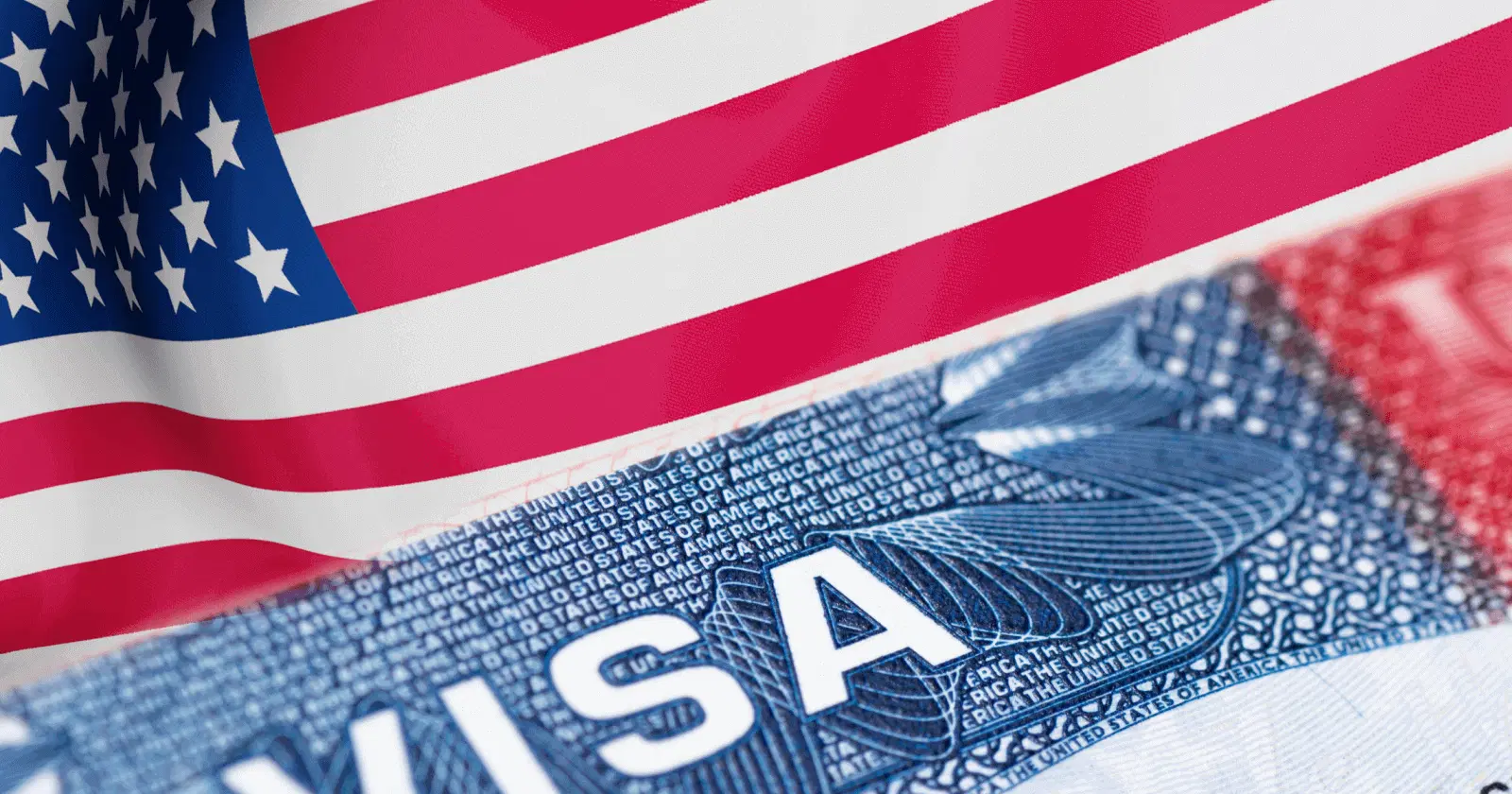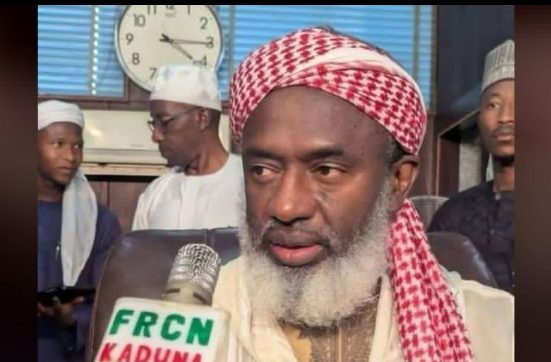The United States government has issued a stern warning to Nigerian nationals, cautioning them against exceeding the duration permitted on their visas. The US authorities stressed that overstaying a visa could lead to deportation and a possible permanent ban from entering the country in the future.
This warning comes in the wake of a series of new immigration measures and visa restrictions rolled out by the US as part of its continued efforts to tighten immigration policies. These actions align with the broader enforcement agenda pursued by the US government, particularly during the administration of former President Donald Trump, whose policies focused heavily on national security and curbing illegal migration.
The US Mission in Nigeria made this latest development public via a post on its official X (formerly Twitter) account, reiterating that adherence to visa regulations is non-negotiable. The post read, “If you remain in the United States beyond your authorised period of stay, you could be deported and could face a permanent ban on travelling to the United States in the future.”
In addition to this warning, the US recently announced a revision to its visa reciprocity policy for Nigerian applicants. The new directive limits non-immigrant and non-diplomatic visas to a maximum of three months and restricts them to single-entry only. This decision, according to US officials, was based on reciprocity principles, growing concerns about visa overstays, national security risks, and documentation irregularities among applicants.
Furthermore, the United States has introduced a mandatory $250 Visa Integrity Fee applicable to several visa categories, including students, workers, and tourists. The fee aims to offset costs associated with vetting and processing, especially as the US intensifies its scrutiny of foreign nationals entering the country.
Additional surcharges have also been introduced, such as a $24 I-94 fee and a $13 ESTA (Electronic System for Travel Authorization) fee for travelers under the Visa Waiver Program. These charges are now applicable to various non-immigrant visa categories, including B-1/B-2 (business and tourism), F and M (students), H-1B (skilled workers), and J (exchange visitors). Notably, only diplomatic visa applicants falling under categories A and G have been exempted from the new charges.
Also raising concerns among Nigerian visa seekers is the newly implemented mandatory social media screening. Under this rule, applicants for F, M, or J visas are now required to submit all social media usernames used in recent years and remove privacy settings to allow full visibility by immigration officers. The US Embassy emphasized that this step is necessary to verify the identity and credibility of visa applicants, as national security remains paramount in all visa adjudication processes.
A statement from the US Mission in Nigeria underscored this, noting: “Every visa adjudication is a national security decision. Effective immediately, all individuals applying for an F, M, or J non-immigrant visa are requested to adjust the privacy settings on all of their personal social media accounts to ‘public’ to facilitate vetting necessary to establish their identity and admissibility to the United States.”
These new policies reflect the US government’s tightened stance on immigration and border control. With Nigerians making up a significant number of visa overstay cases reported in recent years, the US appears resolute in cracking down on what it considers immigration loopholes.
Nigerians planning to travel to the United States are, therefore, advised to pay close attention to the stipulated visa conditions and avoid any infractions that could jeopardise their travel history or future eligibility.


